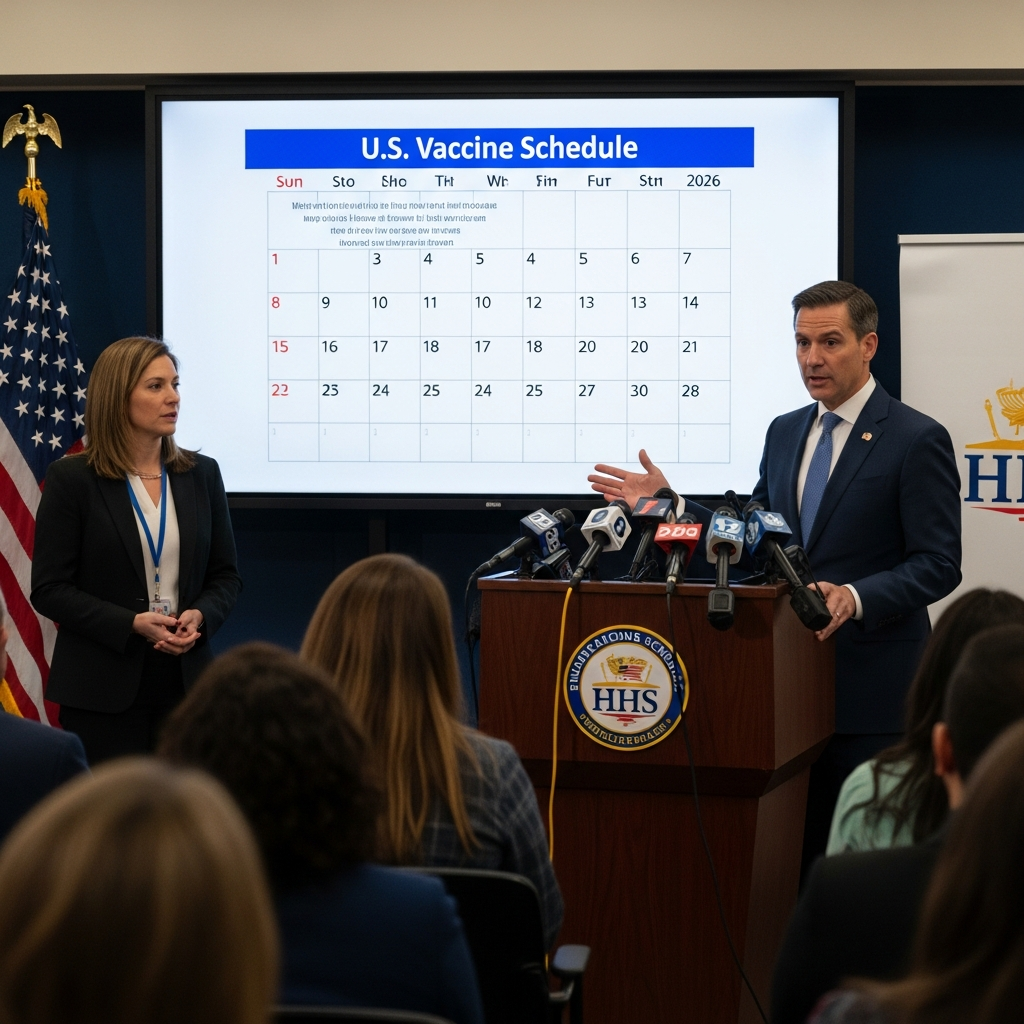Health News
New Covid ‘Nimbus’ Variant Linked to Severe Sore Throat
A new Covid-19 variant, currently spreading internationally and designated NB.1.8.1 but often referred to as the ‘Nimbus’ variant, may present with a particularly painful symptom, a doctor has warned. Health authorities are closely monitoring this evolving situation.
Recent data indicates a rise in Covid-related hospital admissions in the UK. According to the UK Health Security Agency (UKHSA), admissions increased by nearly 10 per cent in late May, with 947 patients admitted in the week leading up to May 31. Cases also saw an uptick, rising by 6.9 per cent in the week ending June 4.
Understanding the Distinctive ‘Razor Blade’ Sore Throat
Among the symptoms associated with the Nimbus variant, one stands out as particularly severe. Dr Naveed Asif, a GP, highlighted a “very painful” sore throat, describing it as a “razor blade sensation.” This intense pain can feel like swallowing shards of glass or blades scratching the back of your throat, making it significantly difficult to speak, eat, and drink.
Other Reported Symptoms of NB.1.8.1 (Nimbus)
While the severe sore throat is a notable symptom, the Nimbus variant shares many characteristics with other respiratory infections and previous Covid strains. Commonly reported symptoms include:
Persistent fatigue
Mild cough
Fever or chills
Muscle or body aches
Nasal congestion or runny nose
Some individuals have also reported experiencing digestive issues such as nausea, vomiting, or diarrhoea, which aren’t always typical symptoms of other Covid variants.
It’s also worth noting that during periods of high pollen counts, differentiating Covid symptoms from hay fever can be tricky. Experts point out that a high fever is a key indicator of Covid, not hay fever. Complete loss or alteration of smell/taste and digestive issues are also more commonly associated with Covid.
Global Spread and Current Assessment
The Nimbus variant (NB.1.8.1) is being detected in numerous countries across the globe, including the US, Canada, and Europe, and is reported to be a dominant strain in some regions like China.
Despite the observed increase in cases and hospital admissions in some areas, health bodies like the World Health Organisation (WHO) and the UKHSA currently state there is no evidence to suggest that the Nimbus variant causes more severe illness compared to other variants currently in circulation. The WHO currently assesses the global risk posed by this variant as low. However, some experts caution that even if the per-infection severity isn’t higher, a highly transmissible variant can still cause significant overall impact on healthcare systems.
Vaccines and Immune Evasion
Reassuringly, health officials from the WHO and UKHSA have confirmed that the vaccines currently approved for use are considered effective against the Nimbus variant, particularly in preventing severe illness.
Early, pre-print research (meaning it has not yet been peer-reviewed) suggests that NB.1.8.1 may bind more efficiently to human cells and potentially have high immune evasion capabilities. While these findings are preliminary, they could help explain its spread.
Managing Symptoms and When to Seek Help
For managing the painful sore throat and other symptoms, health professionals recommend:
Getting plenty of rest
Staying well-hydrated by drinking fluids, especially warm liquids like herbal teas or broths
Taking over-the-counter painkillers such as paracetamol or ibuprofen
Gargling with warm saltwater
Using throat lozenges or sprays containing ingredients like menthol
If you suspect you have Covid-19, particularly if you have a high temperature or feel too unwell for your normal activities, the NHS advises staying at home and avoiding contact with others to prevent spread.
You should monitor your symptoms and seek medical attention if they persist, worsen, or if you have concerns. Specific warning signs requiring medical evaluation include:
Severe throat pain or symptoms that don’t improve
Difficulty breathing or chest tightness
A fever that consistently remains high for several days
Signs of dehydration (difficulty keeping fluids down)
If someone is in serious distress, such as struggling to breathe, you should call emergency services immediately. Vulnerable individuals, including the elderly or those with underlying health conditions, should seek prompt medical advice if symptoms appear.
Following standard public health advice, such as maintaining good hand hygiene, staying up-to-date with vaccinations, and considering masks in crowded settings, remains important for reducing transmission risk.




